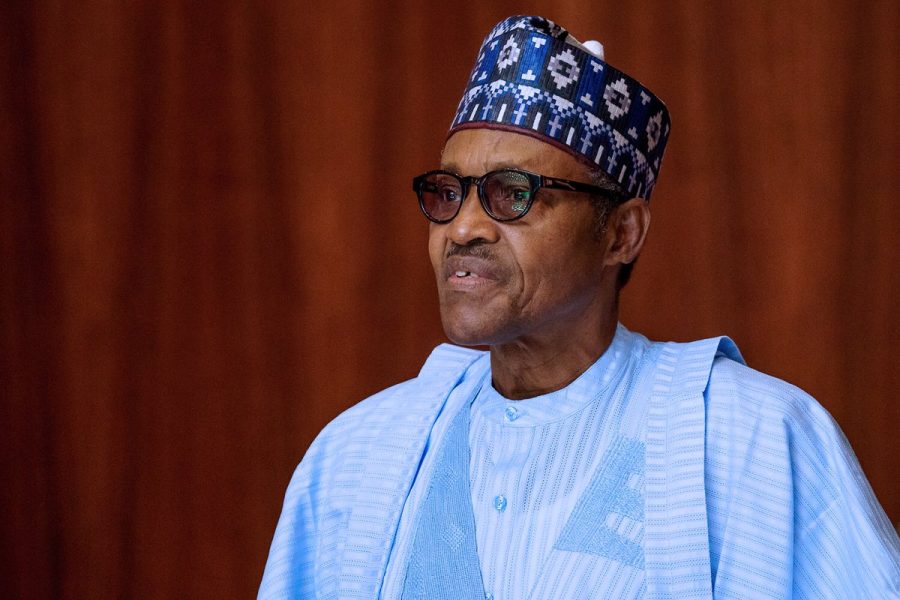Yesterday, the Federal Executive Council (FEC) approved a 44% increase in Value Added Tax (VAT) from 5.0% to 7.2%. The Minister of Finance, Budget and National Planning, Mrs Zainab Ahmed, disclosed that the application of the new rate would be subject to amendment of the extant VAT law which could be sometime in 2020. She also noted that the increase was being proposed to help the states and local government get additional revenue to be able to meet the obligations of the new minimum wage.
The schedule of VAT is given in a 1997 document which is still in force. Generally, basic materials (though not cement) are exempted, as are basic foods, though most prepared foods and consumer products attract VAT. Professional services also attract VAT, which has negative cost implications for most companies. A criticism of the current VAT regime is that it functions more like a Sales Tax than VAT as understood in other jurisdictions, and therefore the re-claiming element is not well developed.
[READ ALSO: FAAC disburses N788.14 billion for the month of October]
The FEC approval of the VAT increase did not come as a surprise to us as there have been discussions on the need for an increment as a way of bridging the huge fiscal deficit of the federal government, which has previously been financed with borrowings- a situation that has raised concerns on the nation’s debt sustainability. We recall that in mid-July 2019, the Chairman, Revenue Mobilisation Allocation and Fiscal Commission (RMFAC), Engr. Elias Mbiam called for an increment in Value Added Tax (VAT) from 5% to about 7.5% to shore up Nigeria’s revenue base which is heavily reliant on oil earnings (c.60%), with direct taxation, VAT and excise duties currently making up a small part.
[READ ALSO:Presidency claps back against HSBC]
While we agree that there is the need for government to bridge its revenue gap, we think the proposed increase in VAT may further worsen the living conditions of consumers whose real income have been stifled over recent years. Looking at the performance of consumer goods companies over the past 18 months, one striking feature is the consistent decline in reported revenue, suggesting that consumer demand remains weak.
In our view, the plan by the Federal Government to finance the increment in the wage burden through tax increment would force companies to raise prices significantly, ultimately placing the incidence of the tax increment on the consumers. In effect, we see this as a fiscal policy designed to “rob Peter to pay Paul”. We also expect that the increase in minimum wage to be eroded by price increases of key household items, offsetting the expected improvement in purchasing power. The proposed tax policies will also pose a downside for foreign investments in the Nigerian industrial climate as well as growth of SMEs. We believe companies who are unable to raise prices might lay-off workers in a bid to manage costs, further impacting on the level of unemployment.
